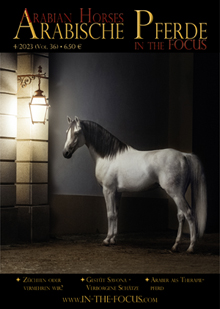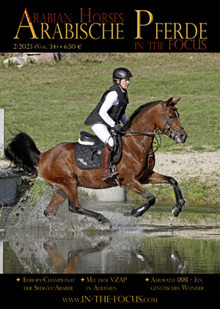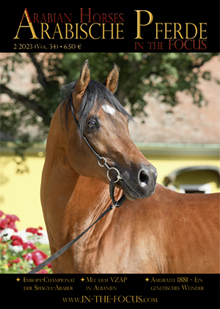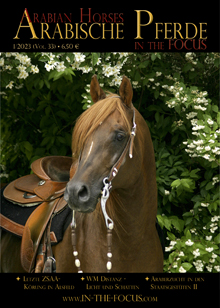Editorial
Admittedly, the crisis does not come entirely unannounced, because pandemic scenarios have been around for a long time, and emergency plans are in the drawers of politicians. But the Corona crisis hit us citizens pretty cold. What environmental degradation and climate change have failed to do – rethinking in the population – is now (perhaps) achieved by a small virus of which we humans, each and every one of us, apparently feel threatened to a greater extent than from these abstract scenarios of global change.
I do not want to go into whether and which measures make sense to keep this pandemic at bay to protect the population. I am more concerned with seeing the positive aspects of this crisis, because every crisis also offers an opportunity! As horse people we are privileged anyway. Most of us can still go to the stables or have our horses at home. Anyone who has his own barn, is a farmer even, does not change his lifestyle at all. Anyone who has animals has to go out into the fresh air and into the barn every day. If you have horses, you won’t be bored, horses offer comfort, make us laugh, and definitely distract us from moody thoughts. They “ground” us to a considerable extent – and that’s a good thing, especially in times of the most obscure conspiracy theories!
But of course there is also fear of the economic consequences of this crisis. Will we still be able to afford to keep horses in the future? I used to think a lot about whether horses will still have their place in our highly technological environement that is alienating people from nature. Today I think maybe this crisis is also one of the chances that forces us to rethink. It forces us to think about what is really important in life. If our horses are important to us, and the lifestyle associated with them, then it is easy for us to do without other things. We don’t need a new smartphone every year, and we don’t need a new laptop every second year! The deceleration to which we are currently being forced shows us that we can do without “faster, higher, further”. Regionalization is another opportunity, especially when it comes to our daily food. Buying locally from farmers and paying attention to how our food is produced is also a piece of environmental and nature protection. If everyone moves a little bit away from the consumer society towards a sustainable economy, then this crisis has started a rethinking process that could point to the right future. And then, the horse will still have a place in this society.
Gudrun Waiditschka












